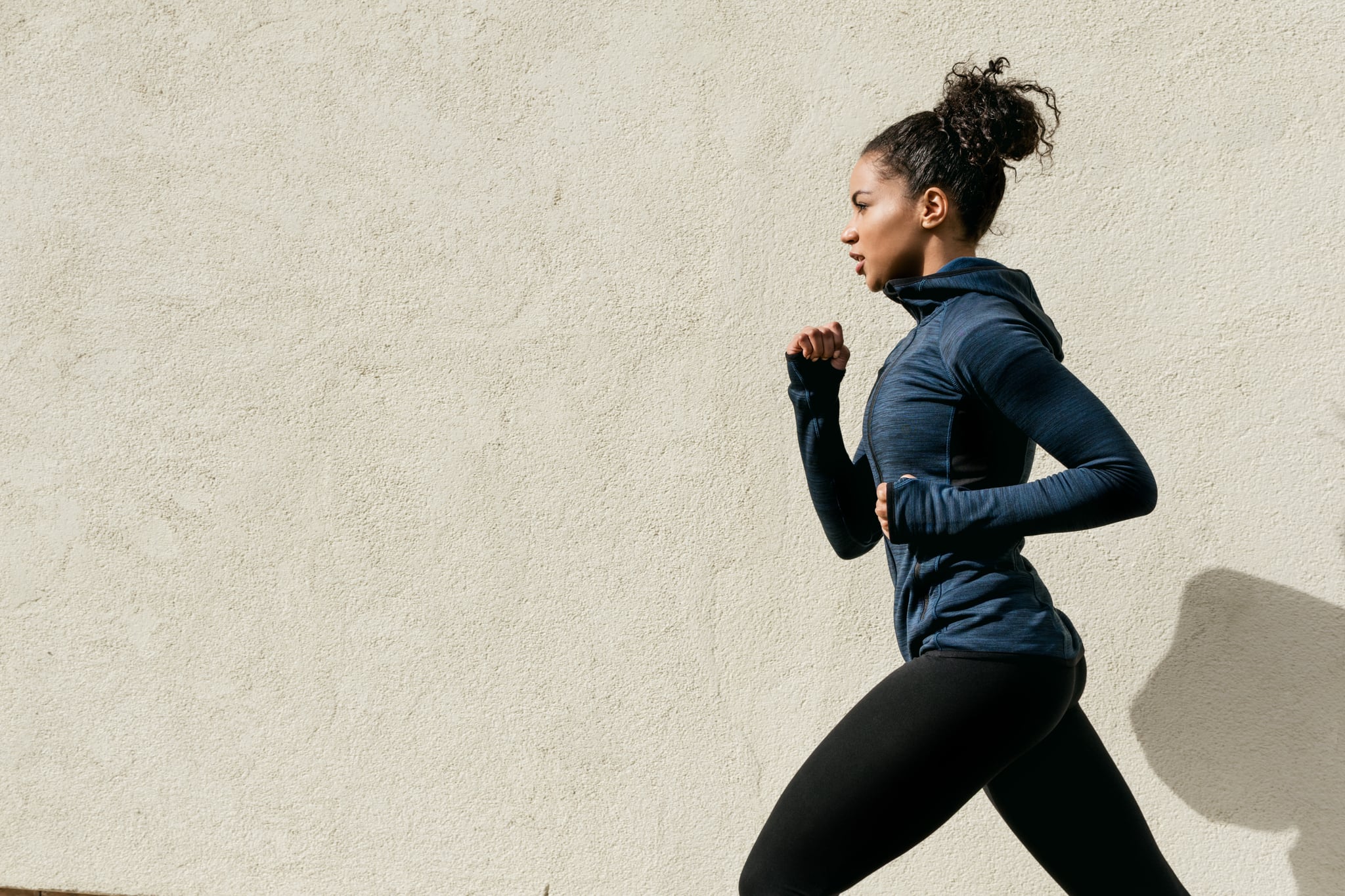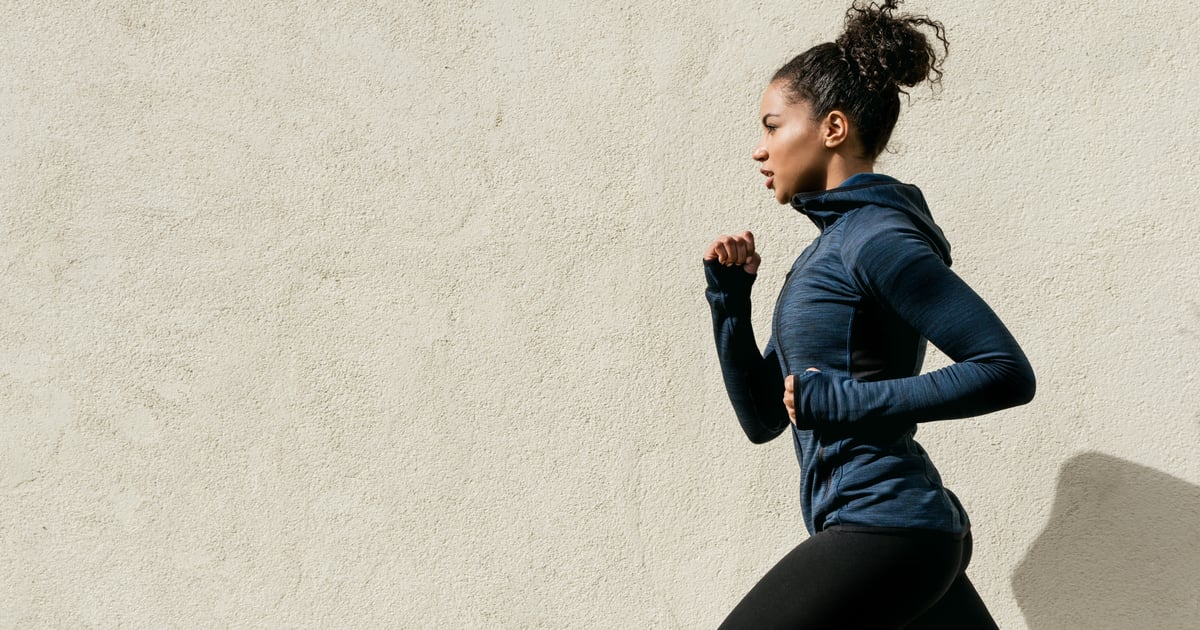
The coronavirus outbreak is disrupting many a fitness routine, ours included, and has many of us wondering whether social-distancing, shelter-in-place, and mask-wearing protocols extend to outdoor running and walking. Guidelines are changing fast, so let us catch you up on the latest.
First and foremost, exercising outside, whether you're walking, running, or doing a bodyweight workout, is a preferred alternative to working out in the gym. "We recommend it," said Aruna Subramanian, MD, an infectious-disease doctor and clinical medical professor at Stanford University, of exercising outside. "It's actually very safe to be outside in this type of situation." That's because the virus spreads most effectively in closed spaces; you're less likely to be exposed outside, where air is flowing freely. Exercise has also been shown to boost your immune system and your mental health, an extra bonus if you're feeling anxious over everything going on in the news.
The recommendation comes with a couple of asterisks. Most importantly, if you feel sick, you should stay home and self-quarantine. And if you're healthy and heading out for a run, you should still follow the best prevention practices for the novel coronavirus in your community. That means staying at least six feet away from other runners, walkers, or cyclists, and bringing along a mask if you expect to see other people on your run.
We know, wearing a mask on a run sounds uncomfortable. But even though it might feel harder to breathe, masked-up running won't actually damage your lungs. "There's no evidence to suggest that at any point you're not getting enough oxygen," said Kathryn Melamed, MD, a pulmonary critical care physician at UCLA, in a previous interview with POPSUGAR. "These masks are meant to filter air particles, but not filter oxygen and carbon dioxide." She recommended bringing a mask on every run and putting it on if you're within even 10 or 20 feet of another person.
As Dr. Melamed pointed out, you actually expel more respiratory droplets (which can carry the coronavirus) when you're exercising, so social distancing is important as well. "If you have to pass somebody on the trail, I would recommend doing that quickly," said Steven Mayer, MD, a sports medicine physician at the Northwestern Medicine Running Medicine Clinic. Stay more than six feet ahead of them, and if someone passes you, stay at least six feet behind them.
Many state and national parks are open for runners and walkers, but you should double-check your county's website to ensure your preferred route is still doable. (Note that bathrooms and other facilities may be closed.) It's also a good idea to avoid touching objects (such as railings, fences, and water fountains) and your face; you can use a sweat band or hat to keep sweat from running into your eyes. Remember to wash your hands when you get home.
On your off days, keep moving with at-home workouts. (Reminder: no matter how much you love to run, you shouldn't do it every day.) Try this at-home CrossFit workout plan for strength and conditioning or any of these free workouts from brands like Peloton, Orangetheory, and Barry's.
"This is a very stressful time for most people," Dr. Mayer said. "I would encourage people to work as hard as they can to avoid negative coping mechanisms and to keep fit and exercising. I believe exercise is emotionally and physically helpful, especially under periods of high stress and uncertainty."
POPSUGAR aims to give you the most accurate and up-to-date information about the novel coronavirus, but details and recommendations about this pandemic may have changed since publication. For the latest information on COVID-19, please check out resources from the WHO, the CDC, and local public health departments.
